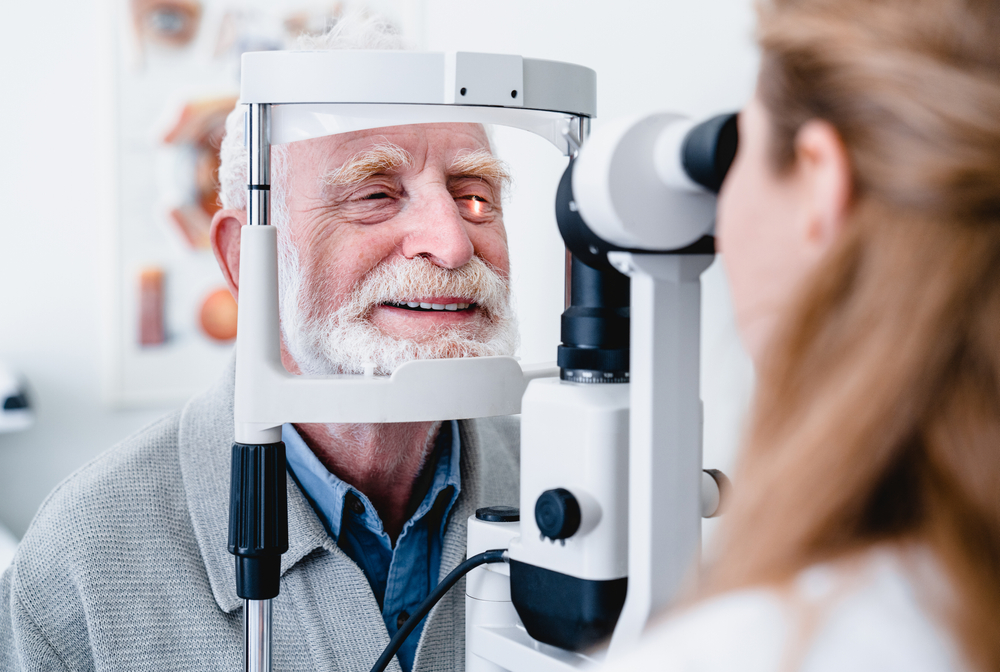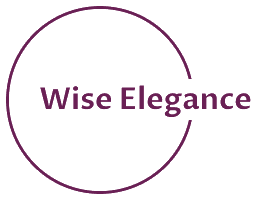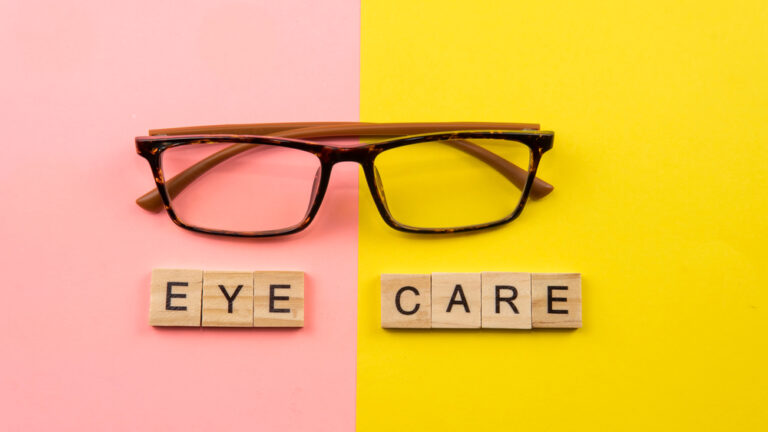As we journey through the golden years, safeguarding our vision becomes a paramount aspect of maintaining overall health and quality of life. Aging naturally brings about changes in our eyesight and increases susceptibility to eye diseases, yet with attentive care and proactive measures, maintaining healthy vision is achievable.
Regular eye examinations are a cornerstone of eye care in older age. These are not just routine check-ups; they are key to early detection of conditions like age-related macular degeneration, cataract, glaucoma, and diabetic retinopathy, many of which don’t present early warning signs. An ophthalmologist can guide the frequency of these exams, tailoring it to individual health needs and histories.
A healthy lifestyle is profoundly influential in eye health. A diet rich in essential nutrients like omega-3 fatty acids, lutein, zinc, and vitamins C and E can help stave off age-related vision problems. Foods like leafy greens, oily fish, and citrus fruits are allies in this endeavor. Alongside diet, regular physical activity enhances blood circulation, indirectly benefiting eye health and reducing risks of conditions such as cataract and AMD.
Protection against ultraviolet rays is vital. Prolonged exposure to harmful UV rays can accelerate issues like cataract formation. Quality sunglasses that block 100% of both UVA and UVB rays are essential when venturing outdoors.
For those managing chronic conditions like diabetes and hypertension, it’s important to recognize the impact these have on eye health. Effective management through lifestyle and medication is key to preventing complications that can affect the eyes.

The digital age brings its own set of challenges for eye health, particularly eye strain from prolonged screen use. Adopting habits like the 20-20-20 rule, where every 20 minutes, you look at something 20 feet away for 20 seconds, can mitigate this strain. Adequate lighting during reading or close work also prevents unnecessary eye fatigue.
Smoking cessation is another critical factor. Smoking not only harms overall health but significantly increases the risk of serious eye conditions. Quitting smoking can drastically reduce these risks.
Eye safety, often overlooked, is crucial during activities that pose a risk to eye health, such as certain sports or DIY projects around the home. Protective eyewear can prevent accidents that might compromise vision.
Staying hydrated benefits overall health and aids in maintaining adequate moisture in the eyes, reducing the risk of dry eye syndrome.
Awareness of changes in vision is paramount. Any sudden changes like vision loss, blurriness, eye pain, double vision, redness, or persistent floaters warrant immediate medical attention, as these could signal serious eye health issues.

In summary, protecting eyesight as we age is a multifaceted approach involving regular eye care, healthy lifestyle choices, vigilance towards vision changes, and proactive measures like UV protection and eye safety practices. By embracing these practices, seniors can significantly enhance their chances of maintaining good vision, ensuring that they continue to experience life’s visual joys to the fullest in their later years.

